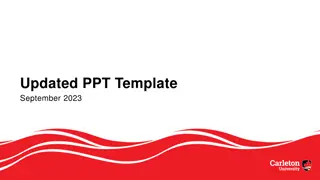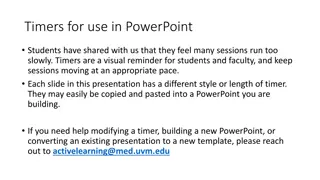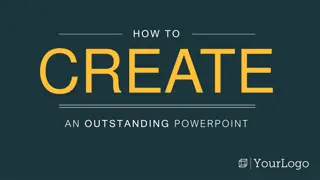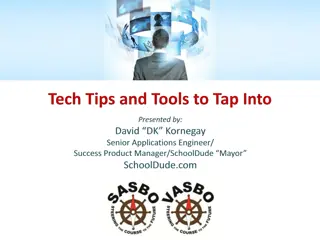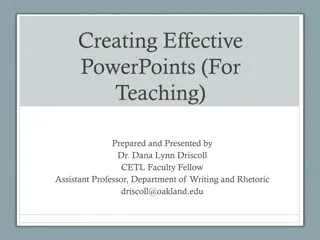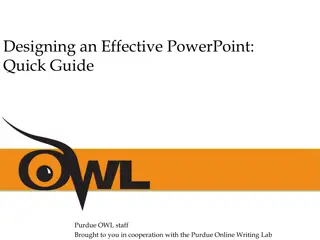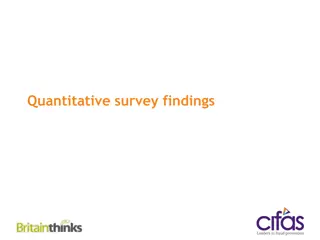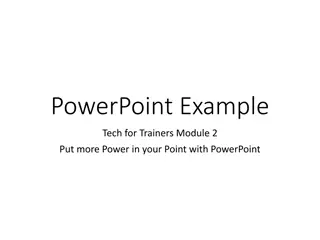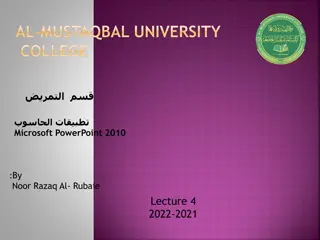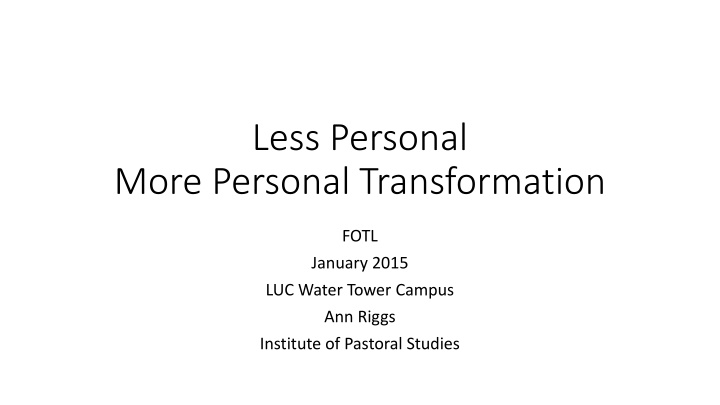
Process of Knowing for Personal Transformation
Explore the process of knowing through experience, reflection, judgment, and commitment for personal growth and transformation at the Institute of Pastoral Studies, focusing on self-knowledge and self-transcendence learning processes.
Download Presentation

Please find below an Image/Link to download the presentation.
The content on the website is provided AS IS for your information and personal use only. It may not be sold, licensed, or shared on other websites without obtaining consent from the author. If you encounter any issues during the download, it is possible that the publisher has removed the file from their server.
You are allowed to download the files provided on this website for personal or commercial use, subject to the condition that they are used lawfully. All files are the property of their respective owners.
The content on the website is provided AS IS for your information and personal use only. It may not be sold, licensed, or shared on other websites without obtaining consent from the author.
E N D
Presentation Transcript
Less Personal More Personal Transformation FOTL January 2015 LUC Water Tower Campus Ann Riggs Institute of Pastoral Studies
Self-knowledge and Self-transcendence learning processes
EXPERIENCE The first step in any process of knowing is experience, and the advice of Ignatius would be to become attentive to what one is experiencing, either the experience going on in oneself or in the reality around one. What Are the Four Processes of Knowing? IGNATIAN METHODOLOGY http://www.luc.edu/transformativeed/4_knowing.shtml
REFLECTION The second step in this process of knowing involves reflecting back on one's experience and on what has been triggered by way of questions that emerged from such experience. The goal is always to grow in understanding about the questions one is seeking to answer. One is going to have to come to some conclusion about the matter being mulled, including a conclusion about whether an insight that came from one's understanding holds up under further scrutiny.
JUDGMENT The third step in this process of knowing is judgment: "yes, this is so" or "no, this is not so" or "I do not know yet what to think."
COMMITMENT and ACTION The fourth step in the process of knowing seeks to determine what this judgment might call for by way of choice or action and commitment.
Social Entrepreneurship Institute of Pastoral Studies Master s level students Practical, professional study On-line and in-person
First half of the course Dozens of short videos, websites, short popular communication articles with photos An academic article A well-researched journalist s book
Development of project of the student s choice in second half of course
Much less personal sharing in beginning of course than I normally use
Students reported and demonstrated higher levels of personal transformation by the end of the course
It appears that the process Kept students from expending high levels of energy into building bridges between what they knew when they arrived in the course and new learning during the course Took them past what they had perceived as their limits
Assisted students in moving past what they believed were their limits but weren t
This teaching/learning experience suggests to me that more focus on student experience of the world around them led to a greater personal transformation and self-transcendence that was also more personally fulfilling
Other ideas or similar experiences?


